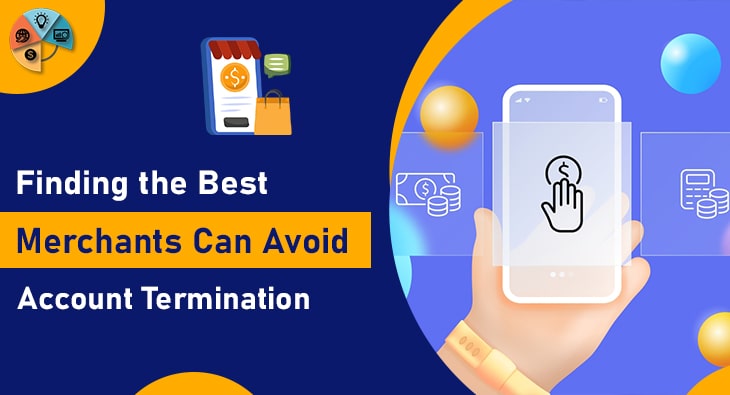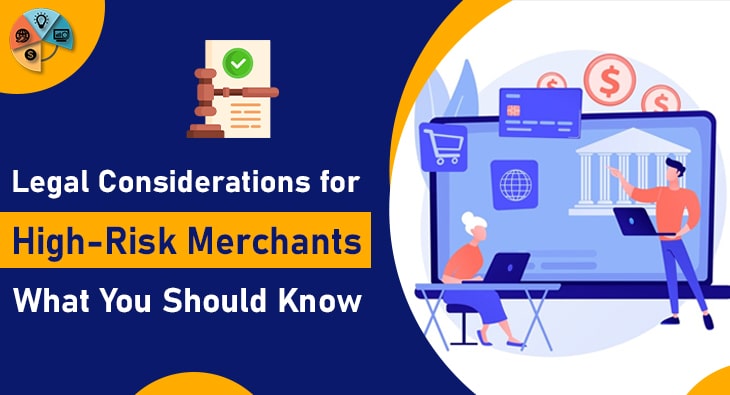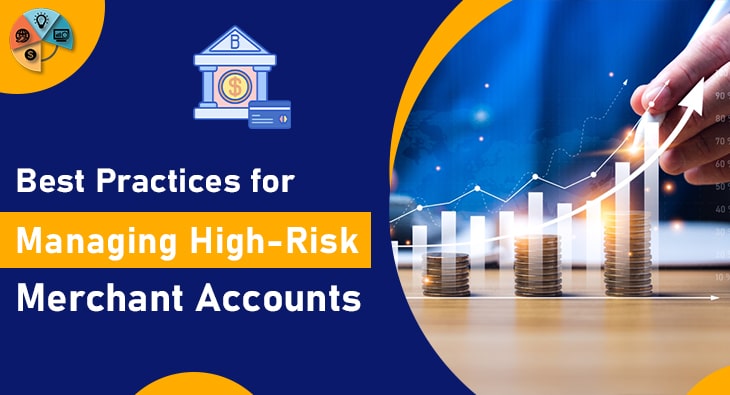Comprehending High-Risk Merchants
High-risk merchants operate in sectors where payment processors anticipate a higher likelihood of chargebacks, fraud, or legal issues. This sectors can include travel, gaming, adult entertainment, and businesses with significant sales volumes or international clientele. The designation as high-risk often results from the nature of the products or services offered, customer profiles, and transaction patterns.
One primary factor contributing to the high-risk label is the increased likelihood of chargebacks. Chargebacks can arise from customer disputes over charges, dissatisfaction with the product or service, or unauthorized transactions. High-risk merchants often face higher chargeback rates, making them less appealing to traditional payment processors.
Another significant element is the potential for fraud. Certain industries are more susceptible to fraudulent activities, which can result in financial losses and reputational damage. For instance, online gaming and adult entertainment platforms often deal with stolen credit card information, leading to an elevated risk profile.
Legal issues also play a role. High-risk industries are frequently subject to stringent regulations and compliance requirements. Non-compliance can result in fines, penalties, and even account termination, further complicating the ability to maintain a stable merchant account.
Additionally, businesses with international customers may encounter complexities related to currency conversions, cross-border transactions, and varying regional regulations. These factors contribute to the overall risk assessment and can impact the relationship with payment processors.
Understanding these contributing factors is essential for high-risk merchants seeking to navigate the challenges associated with maintaining a merchant account. Identifying the specific reasons for being classified as high-risk allows businesses to implement strategies to address these issues proactively.
Some Related Blogs
- Best Practices for Managing High-Risk Merchant Accounts
- How to Handle High-Risk Payment Gateways and Reduce Fraud
- How High-Risk Merchants Can Build a Strong Reputation with Payment Processors
- Finding the Best Payment Gateway for High-Risk Businesses
Typical Causes for Account Cancellation
Frequent chargebacks and fraud significantly contribute to account cancellations. Chargebacks, which occur when customers dispute transactions, can signal underlying problems such as poor product quality or deceptive practices. High volumes of chargebacks make payment processors wary, as they suggest potential financial losses and increased operational costs.
Non-compliance with industry regulations is another critical reason for account termination. High-risk merchants must follow stringent legal and regulatory requirements tailored to their specific sectors. Failure to meet these standards can result in hefty fines and penalties, prompting payment processors to close accounts to mitigate their own risks.
Moreover, inconsistent transaction patterns can raise red flags. Unusual spikes in transaction volumes or values, especially without a clear business justification, can indicate fraudulent activities. Payment processors monitor these patterns closely to protect against financial crime, and any anomalies can trigger account reviews or closures.
Poor financial health and instability also play a role. Merchants experiencing frequent financial difficulties, such as excessive debt or cash flow problems, are perceived as high-risk by payment processors. This financial instability increases the likelihood of business failure, prompting processors to terminate accounts to avoid potential losses.
Lastly, a lack of transparency in business operations can lead to account cancellation. Payment processors require clear and accurate information about a merchant’s activities, products, and services. Any discrepancies or attempts to obscure true business practices can erode trust and result in account termination.
Understanding these common causes of account cancellations can help high-risk merchants take preventive measures. By maintaining compliance, ensuring financial stability, and providing transparent business operations, merchants can foster a positive relationship with payment processors, reducing the likelihood of account termination.
Tactics to Reduce Risk
High-risk merchants can adopt several strategies to minimize the likelihood of account termination. One crucial step is to strengthen fraud prevention. Utilize advanced security tools, conduct regular audits, and ensure customer data is securely managed. Employ address verification services and require CVV codes during transactions to mitigate the risk of fraud.
Maintaining a low chargeback ratio is equally vital. Provide top-notch customer service and establish clear refund policies to foster customer satisfaction and trust. By monitoring transactions and promptly addressing disputes, merchants can catch issues early before they escalate into chargebacks.

Another tactic involves ensuring compliance with all relevant regulations. Staying updated on industry-specific legal requirements and following them diligently can prevent fines and penalties that could lead to account termination. Regular training for staff on compliance matters can also help in adhering to these standards consistently.
It’s also beneficial to maintain financial health. Regularly reviewing financial statements and managing cash flow effectively can portray a stable business image to payment processors. Financial stability reduces the perceived risk and enhances the merchant’s credibility.
Clear and transparent business practices are essential. Providing accurate information about products, services, and operations builds trust with payment processors. Any discrepancies or hidden practices can erode this trust and increase the risk of account termination.
Lastly, diversifying payment options can help mitigate risks. By offering multiple payment methods, merchants can spread potential issues across various platforms, reducing the impact of any one problem on the overall business. This approach can also attract a broader customer base, enhancing revenue and stability.
Selecting the Appropriate Payment Processor
High-risk merchants must choose a payment processor that can effectively manage their unique challenges. Look for processors with substantial experience in high-risk industries, as they will be familiar with the specific requirements and potential issues these businesses face.
Robust security measures are crucial. Ensure the processor provides advanced tools for fraud prevention and chargeback management. Features like real-time transaction monitoring, encrypted payment gateways, and multi-factor authentication can significantly reduce risks.
Support for international transactions is another important factor. If your business deals with customers from different countries, select a processor that offers smooth cross-border payment solutions. This includes handling multiple currencies, providing local payment options, and ensuring compliance with international regulations.
Flexibility in contract terms can also be beneficial. Some payment processors offer month-to-month agreements rather than long-term contracts, which can provide high-risk merchants with the flexibility to switch providers if necessary. Look for processors that offer competitive rates and transparent fee structures without hidden costs.
Customer support is often overlooked but vital. Choose a processor that provides 24/7 customer service, preferably with dedicated support for high-risk accounts. Immediate assistance can be crucial in resolving issues quickly and maintaining uninterrupted service.
Lastly, consider the processor’s reputation and reviews from other high-risk merchants. A proven track record of successfully managing high-risk accounts can offer additional peace of mind.
By carefully evaluating these factors, high-risk merchants can select a payment processor that not only meets their needs but also supports their long-term stability and growth.
![]()
Email us anytime!
Email customer service 24/7
![]()
Call us anytime!
Reach customer care 24/7 at +1 (727) 330-3944


